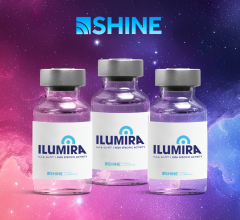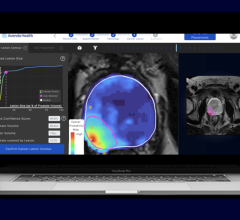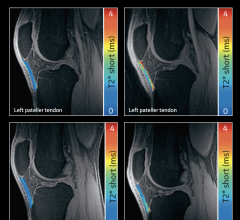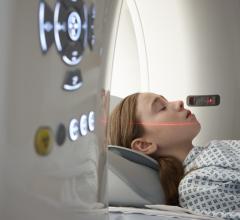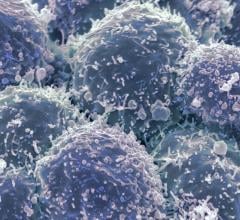
September 10, 2012 — In a recent study, researchers found that coffee consumption is inversely related to mortality, with consumption of greater than or equal to six cups of coffee per day associated with a 10 percent decreased mortality rate in men and 15 percent decreased mortality in women.
Coffee is one of the most consumed beverages in the world, but drinking it can increase low-density lipoprotein (LDL) and cause short-term increases in blood pressure. Studies to date have shown conflicting results as to whether it increases heart disease risk.
The Division of Cancer Epidemiology and Genetics, National Cancer Institute, National Institutes of Health study, “Association of coffee drinking with total and cause-specific mortality,”[1] followed 400,000 participants, with an average age of about 62 years on entry into the study, for 13.6 years on average to see if drinking coffee was associated with total mortality and then mortality associated with specific causes. This is the largest study to date, with 52,000 deaths documented.
The researchers found that there was a moderate inverse relationship with number of cups of coffee consumed per day and total mortality that was significant at one cup of coffee per day. The relationship strengthened as the number of cups of coffee per day increased to greater than or equal to six cups of coffee per day. Men who drank greater than or equal to six cups of coffee per day had a 10 percent lower risk of death than men who did not drink any coffee, and women in this category of consumption had a 15 percent lower risk. When specific causes of death were looked at, coffee consumption was inversely associated with heart and respiratory diseases, stroke, infections, diabetes, injuries and accidents.
Coffee consumption wasn’t associated with cancer in women, but there was a borderline positive association in men who consumed greater than or equal to six cups of coffee per day. Somehow smoking interacted with coffee consumption statistically, such that those who never smoked (both men and women) actually had a moderate inverse risk of dying from cancer. The relationship was also the same for caffeinated and decaffeinated coffee, suggesting that it was not the caffeine in coffee that was responsible for the association. Other compounds in the coffee might be responsible, such as antioxidants.
This type of study cannot prove causality, only association. It is possible that there is another unknown factor that could underlie the association that was not measured and that could explain the results. Only a double blind, placebo controlled trial (where any potential unknown factors would be randomly split among the active treatment arm and the placebo arm, and thus could not influence the results) could imply causality, and that sort of trial will probably never be done.
The results at least provide reassurance that coffee consumption is not detrimental to one’s health and may be beneficial, especially for those who have never smoked.
For more information: www.ncbi.nlm.nih.gov.webproxy.ouhsc.edu/pubmed/22591295
Reference:
1. Freedman ND, Park Y, Abnet CC, Hollenbeck AR, Sinha R. “Association of coffee drinking with total and cause-specific mortality.” N Engl J Med. 2012 May 17;366(20):1891-904.


 July 25, 2024
July 25, 2024 


